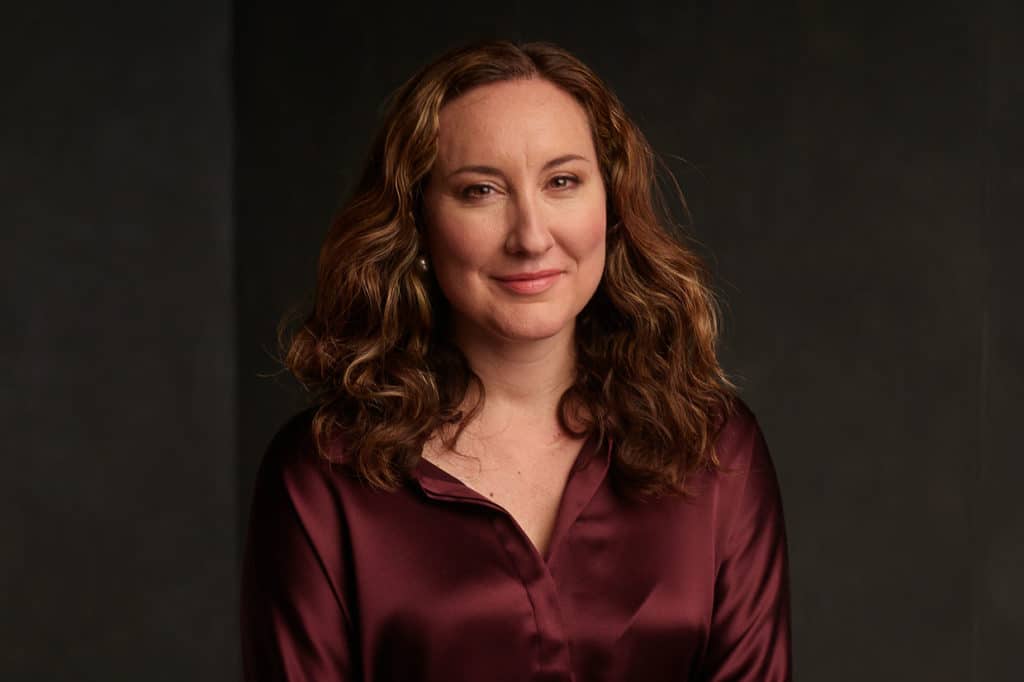What are Phobias?
A phobia is a fear of something specific that is unlikely to harm the person. The intensity of a person’s panic in response to the trigger can range from irritating to debilitating. Notably, the person who has the phobia likely knows that their fear is irrational or disproportionate, and yet the extreme fear continues.
Phobias are relatively common in the United States. An estimated 19 million adults in the country have a phobia that is severe enough to interfere with their work, school, interpersonal relationships, or daily life.
What are the Three Types of Phobias?

While phobias can pertain to anything, there are three main types of phobias:
- Simple/Specific Phobia: Being irrationally afraid of a particular kind of thing, such as snakes or heights.
- Social Phobia: Feeling extremely embarrassed or inferiors around other people
- Agoraphobia: Being fearful of situations or places from which it may be difficult to escape
Each of these types of phobias can be mild to extreme, and they may affect people’s lives in various ways.
What are Specific Phobias?
Simple or specific phobias occur when someone has an irrational fear of one particular thing that is relatively harmless. Thinking about or facing the subject of a phobia induce feelings of panic. These phobias typically start in adolescence but can develop at any time.
Some of the most common phobias are the irrational fears of:
- Public speaking
- Spiders
- Snakes
- Flying
- Dogs
- Thunder/Lightning
- Needles/Injections
- Germs
While these phobias are most common, people can develop irrational fears of almost anything. Sometimes, these fears are the result of specific events from a person’s past. Other times, the cause is unknown.
What is Social Phobia?
Also called “social anxiety disorder,” social phobia is the extreme fear of interaction with other people. Social phobia is more than just being shy; the fear is so intense that it affects a person’s work, school, social, or home life.
Someone with social phobia may feel:
- Afraid that others are always judging them
- Weary of meeting new people
- Self-conscious in everyday situations
- Rejected or humiliated
Most people experience these emotions from time-to-time. However, people with social anxiety disorder feel this way most of the time and have such intense fear that it changes the way they live their lives.
What is Agoraphobia?
Agoraphobia is not necessarily a fear of being outside, as many people think, but rather fear of losing control of a situation. Individuals who live with this disorder go through such intense anxiety in triggering scenarios that they might structure their lives to avoid those triggers entirely.
People with agoraphobia may be afraid of:
- Public transportation
- Going out alone
- Waiting in long lines
- Large, open spaces
- Cramped areas
- Large crowds
- Elevators
- Venturing outside their “comfort zone” around their homes
When confronted with these situations, someone with agoraphobia may have a panic attack. These intense fears can impact a person’s ability to work, socialize, and lead a healthy life.
Can Phobias Be Cured?

Medication is typically not used in the treatment of phobias. However, many people who live with phobias also live with anxiety disorders. A psychiatrist or advanced nurse practitioner may prescribe medication for comorbid conditions, such as panic disorder or generalized anxiety disorder. These medications can sometimes ease the panic associated with phobias, but that is not the primary intention.
Telehealth for Phobia Treatment
Online therapy, or telehealth, can be used to help patients recover from phobias. Telehealth may be preferred by some patients, especially those with severe agoraphobia. Some people with social phobia find it easier to talk to someone through a secure video chat than face-to-face discussions.

